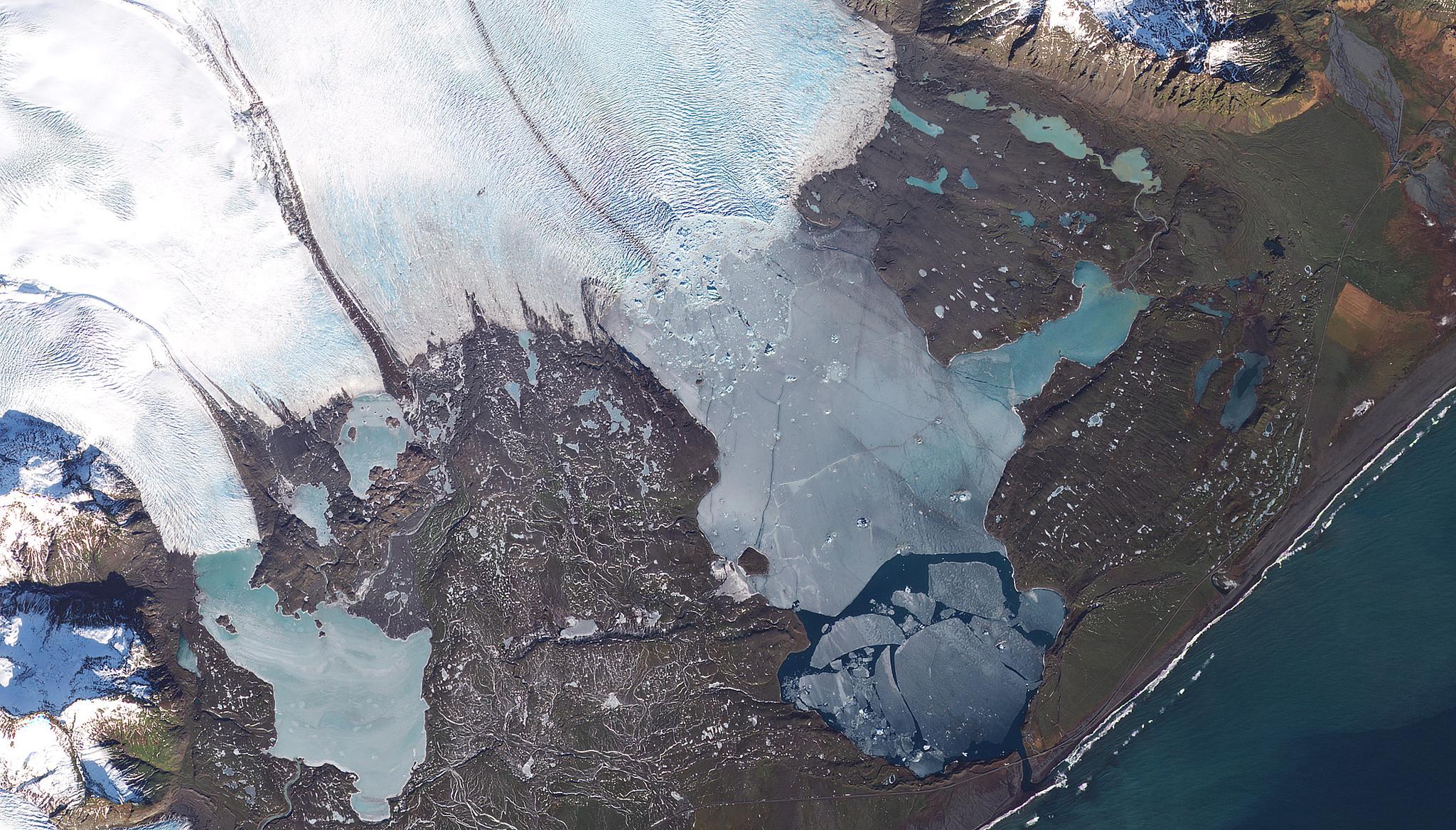Scientists Showcase Global Discoveries Using Planet Data At World’s Largest Geospatial Conference
This year, we are excited to have AGU 2023 back in our neighborhood! Returning to San Francisco for the first time in several years, the American Geophysical Union (AGU) Fall Meeting 2023 kicks off this week, running from December 11-15. We are thrilled to share that there are over 120 abstracts, talks, and presentations on the AGU schedule that leverage Planet data or tools. Science has always been at the core of our company and every year as AGU rolls around, we find ourselves astonished and inspired by all of the scientific breakthroughs we see made with Planet data. To our scientific community, I want to give a sincere thank you. From researchers and analysts to students and professors, each of you have gone above and beyond to leverage Planet data to explore our complex world, and fulfill the promise to use space to help life on Earth. Over the years, as Planet has continued to expand its products, we have seen the use of our satellite data increase in scientific publications and expand across a myriad of scientific disciplines. The wide array of scientific use cases alone has shown how scientific curiosity and our unique data can lend insight across the globe. We are proud to see that our data is empowering governments as they evaluate national climate risks; it’s providing the agricultural sector critical with insights into crop health; it’s revealing species dynamics in biodiverse ecosystems; and it’s informing the public on the global energy transition. Below, we’ve gathered just a small subset of the various scientific breakthroughs that will be showcased by Planet data users at AGU:
- Scientists from King Abdullah University of Science and Technology assessed plant phenology in agricultural fields using Planet Fusion and an NDVI time series analysis.
PlanetScope image of agricultural fields in Nebraska.
- The National Institute of Forest Science in South Korea advanced tree species identification in Korean forests with artificial intelligence and Planet archival satellite imagery.
- A team at University of Arizona investigated the effects of floods on expanding human settlements with PlanetScope data, focusing on the floodplains of the river Brahmaputra.
PlanetScope image of flooding in the river Brahmaputra in Bangladesh.
- NASA led an evaluation on the potential impacts of sea level rise on the Maldives with Planet imagery, highlighting the use of remote sensing for predicting shoreline change.
SkySat image of Malé in the Maldives.
- Researchers from WattTime estimated fossil fuel power plant CO2 emissions using proxy signals, like water vapor plumes, identified in PlanetScope data.
- The government of Tonga monitored active volcanoes in the South Pacific with our SkySat imagery, building an early operational practice for evaluating volcanic unrest in the region.
SkySay image of Home Reef volcano off the coast of Tonga.
- The Stockholm Environment Institute identified risks of hydrocarbon extraction on communities and water resources with PlanetScope imagery, particularly around the Vaca Muerta shale formation in Argentina.
- Microsoft published research on their previously announced Global Renewables Watch project, mapping renewable energy infrastructure around the world with the help of Planet data.
PlanetScope image of London Array wind farm off the coast of the Unites Kingdom.
- Scientists at the University of Sao Paulo evaluated environmental characteristics in geographical regions prone to landslides to help predict natural disaster events.
- Western Washington University observed seasonal snowmelt shifts in the Northern Cascade mountains with SkySat data, advancing research on snow algae.

Ready to Get Started
Connect with a member of our Sales team. We'll help you find the right products and pricing for your needs.


